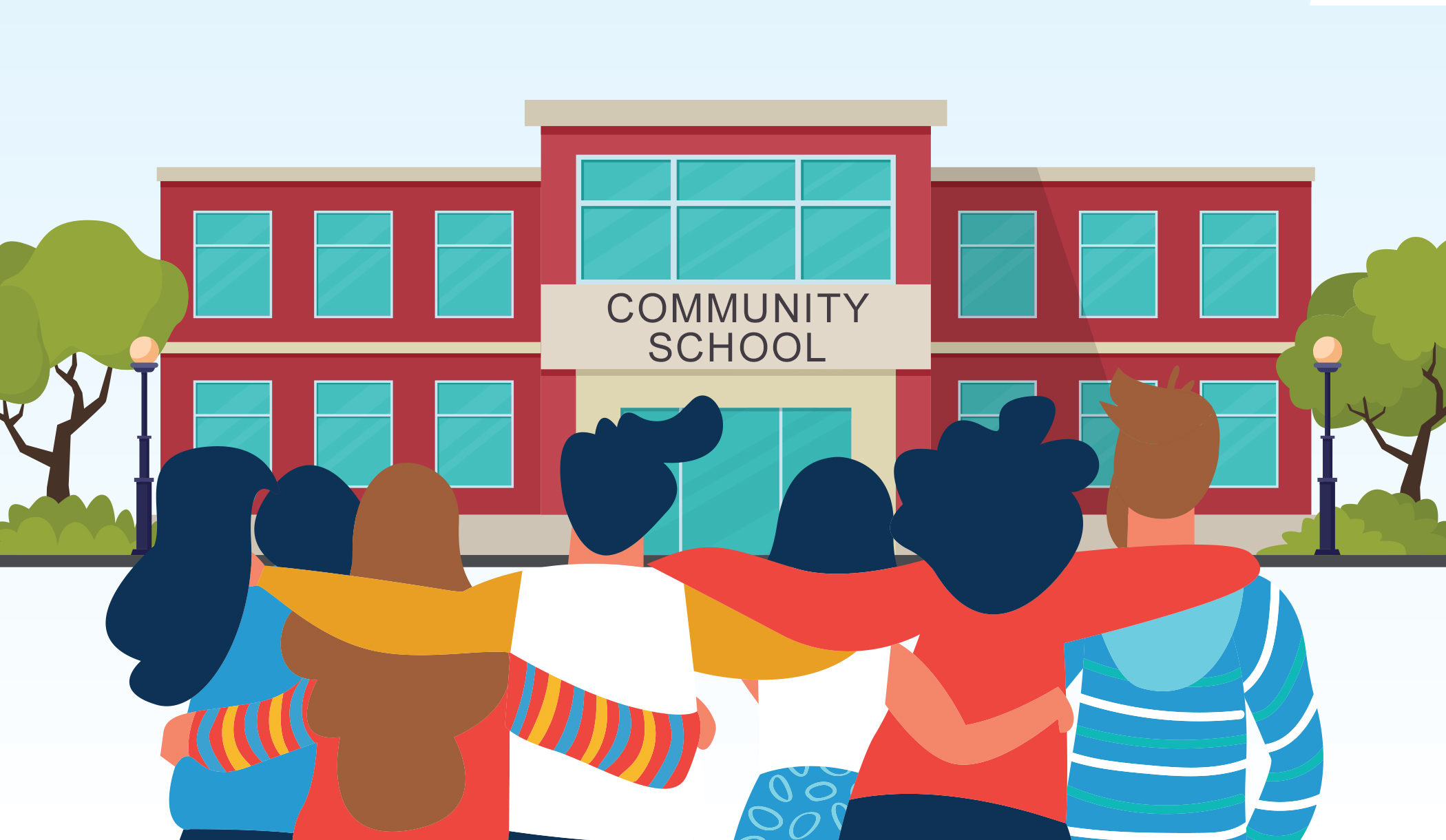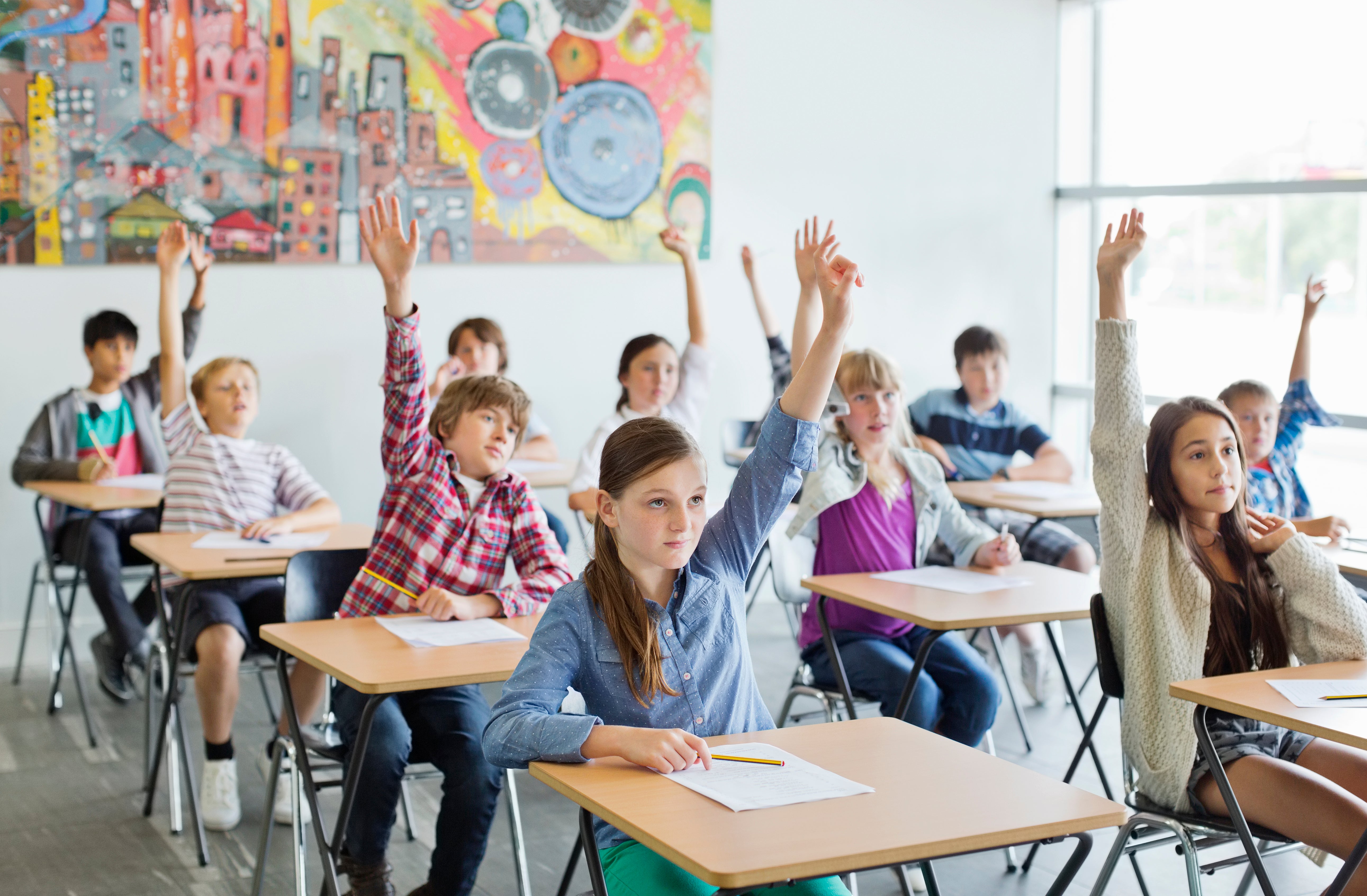Discover the Conveniences of Advocacy: Save Temecula Schools
Discover the Conveniences of Advocacy: Save Temecula Schools
Blog Article
Comprehending the Significance of Schools in Kid Development and Community Development
Schools function as crucial institutions for youngster advancement and area growth, offering atmospheres where scholastic accomplishments are matched by the growing of social skills and exposure to diverse perspectives. These educational setups not just promote important thinking and efficient communication yet also foster empathy with collective projects. Institutions' interaction with neighborhood communities with service-learning campaigns reinforces the bond between family members and educational institutions. This symbiotic connection emphasizes the importance of colleges in supporting active citizenship and lifelong knowing routines. What are the particular mechanisms by which these institutions achieve such extensive effects?
Academic Accomplishment
Academic achievement acts as a foundation of kid advancement, offering the structure upon which future understanding and success are built. Institutions play a pivotal function in cultivating this scholastic development, supplying structured environments where kids can get necessary knowledge and cognitive abilities. Standard educational program make certain that trainees gain efficiency in core topics such as mathematics, scientific research, and language arts, which are vital for both greater education and professional possibilities.
Along with imparting fundamental academic skills, colleges also grow vital thinking, problem-solving abilities, and intellectual interest. These cognitive proficiencies are crucial for browsing intricate real-world scenarios and adapting to the ever-evolving needs of the modern-day work environment. Educators, as facilitators of discovering, employ diverse pedagogical approaches to deal with diverse learning designs, thereby taking full advantage of specific trainee possibility.
Additionally, academic success is carefully connected to self-confidence and motivation. Kids who experience scholastic accomplishments are most likely to create a positive self-concept and a long-lasting enthusiasm for knowing. Schools also provide different sources, such as collections and innovation, which even more boost the academic experience and prepare trainees for a highly sophisticated culture.
Social Ability Growth
Beyond academic achievement, the function of institutions in social skill development is important. Schools serve as a main place for children to discover and practice vital social skills such as participation, interaction, and problem resolution. In the organized setting of a class, trainees engage with peers, instructors, and various other college staff, using many chances to create these crucial abilities.
Reliable social ability growth in schools is promoted via group tasks, joint jobs, and extracurricular programs. These interactions assist pupils understand social standards, develop empathy, and foster a sense of community. Team tasks show trainees just how to work with each other in the direction of a common goal, listen to various perspectives, and navigate disagreements constructively.

The growing of social skills throughout school years lays a structure for future personal and specialist connections. Save Temecula Schools. As trainees develop, the capacity to efficiently interact and team up comes to be increasingly crucial, underscoring the institution's crucial role in holistic child development
Exposure to Variety
Exposure to variety in institutions is fundamental to fostering great site an inclusive mindset and widening trainees' point of views. Schools act as a microcosm of the wider culture, and experiencing diverse cultures, languages, and socioeconomic histories within this setting furnishes students with necessary abilities for browsing a progressively globalized globe. This exposure encourages compassion, reduces bias, and advertises common regard amongst Bonuses peers.
Research study shows that students who connect with peers from different histories display far better analytic skills and creativity. This understanding of diversity prepares pupils for future offices that worth modern capability - Save Temecula Schools.

Community Involvement
The advantages of diverse classrooms expand past the institution wall surfaces, promoting a strong feeling of neighborhood involvement amongst trainees. By interacting with peers from various cultural, socioeconomic, and ethnic histories, trainees obtain a wider point of view and a gratitude for variety. This exposure urges them to come to be energetic residents who want to add favorably to their areas.
Institutions that stress neighborhood engagement frequently incorporate service-learning tasks, which enable students to deal with real-world troubles while applying scholastic abilities. These projects not just enhance trainees' understanding of their coursework yet likewise instill a feeling of duty and empathy. In addition, partnerships between schools and neighborhood companies offer pupils with possibilities to take part in community events, even more strengthening their duty as positive community participants.
Furthermore, parental and area involvement in colleges enhances the bond in between universities and the areas they offer. When colleges open their doors to neighborhood events, workshops, and volunteer chances, they create a joint environment that profits all stakeholders. This shared support system makes certain that students obtain holistic development, preparing them to come to be well-shaped individuals that value and add to their areas. Through these efforts, colleges play an essential role in supporting community interaction and promoting social development.
Lifelong Learning Habits
Creating lifelong understanding practices is vital for a youngster's continuous development and versatility in an ever-changing globe. Schools play an essential duty in instilling these behaviors by producing a setting that cultivates curiosity, crucial reasoning, and a love for expertise. Via varied curricula and after-school activities, educators motivate trainees to check out various topics, you could check here analyze info seriously, and apply their learning to real-world scenarios.

In addition, colleges offer an organized environment where kids can create self-discipline and time administration skills, both of which are vital for continuous understanding. By highlighting the value of establishing goals, showing on progress, and adjusting approaches, schools prepare trainees to navigate the complexities of adult life, guaranteeing they stay lifelong students and contributors to society.
Conclusion
In final thought, schools are important in promoting kid advancement and neighborhood growth by providing environments for scholastic achievement, social skill advancement, and exposure to variety. Via collective projects and communications, schools enhance crucial reasoning, compassion, and communication abilities. Area engagement initiatives better enhance the bond in between universities and regional neighborhoods. Ultimately, institutions cultivate lifelong knowing routines, equipping people with the necessary knowledge and abilities to add positively to culture.
In the organized setting of a classroom, trainees connect with peers, educators, and other school staff, supplying various opportunities to develop these critical capabilities.
In significance, exposure to variety within colleges not only improves private trainees yet also reinforces the social fabric of the community as a whole.
The advantages of diverse classrooms prolong beyond the institution wall surfaces, promoting a strong sense of neighborhood involvement among pupils.Schools that highlight neighborhood involvement often integrate service-learning tasks, which allow pupils to address real-world problems while using scholastic abilities. Partnerships in between colleges and neighborhood companies supply students with opportunities to participate in neighborhood occasions, additionally solidifying their function as positive area participants.
Report this page